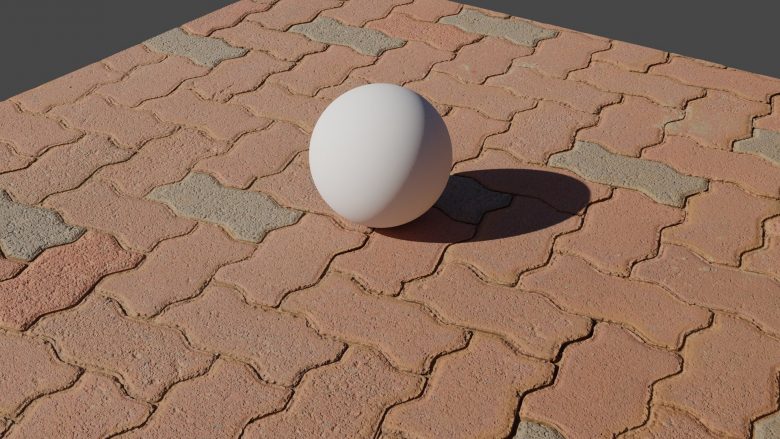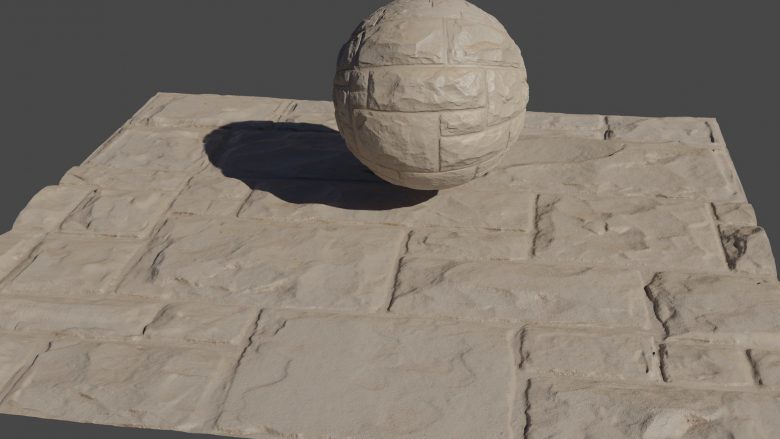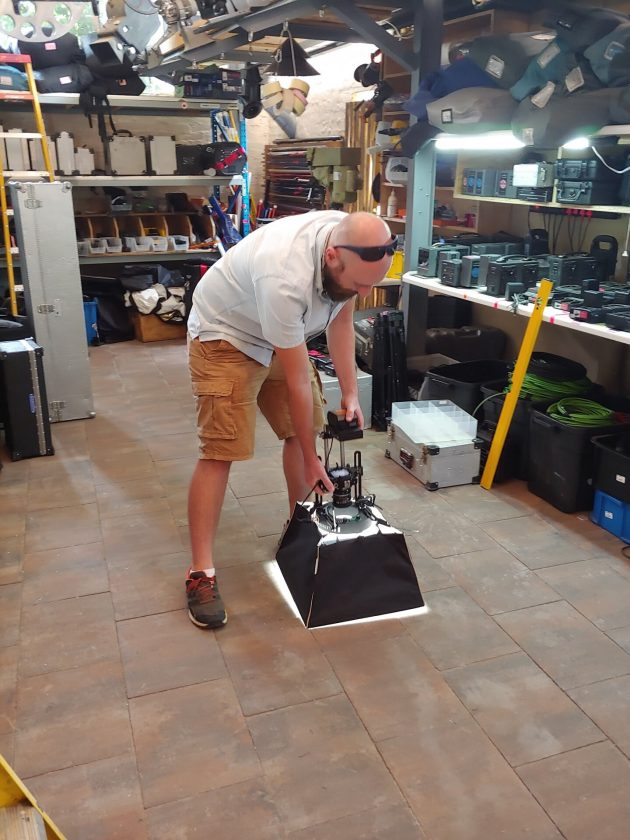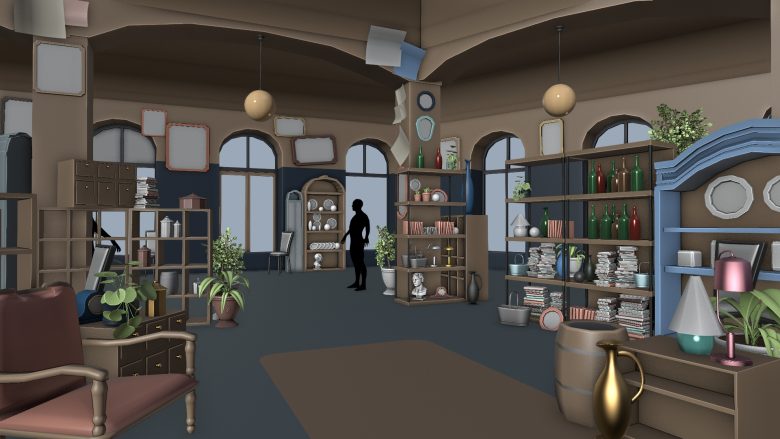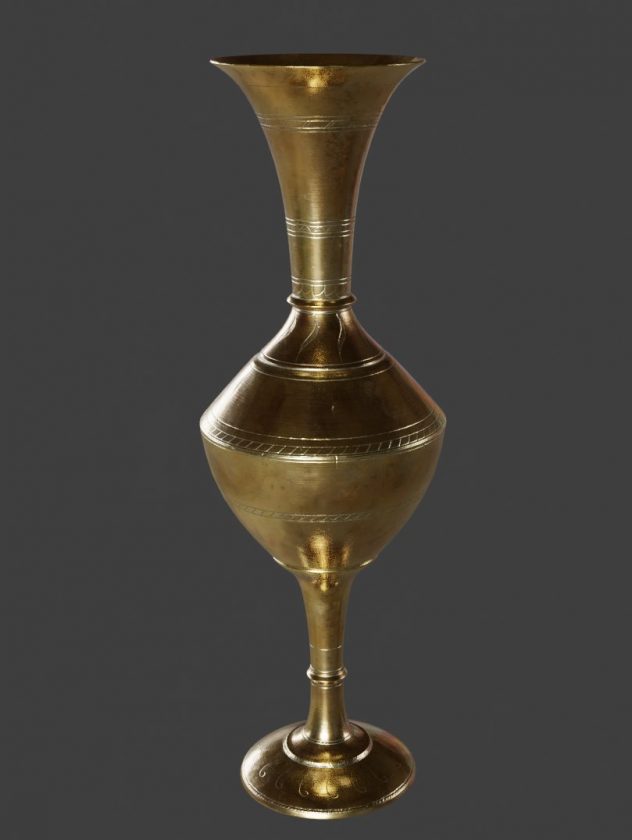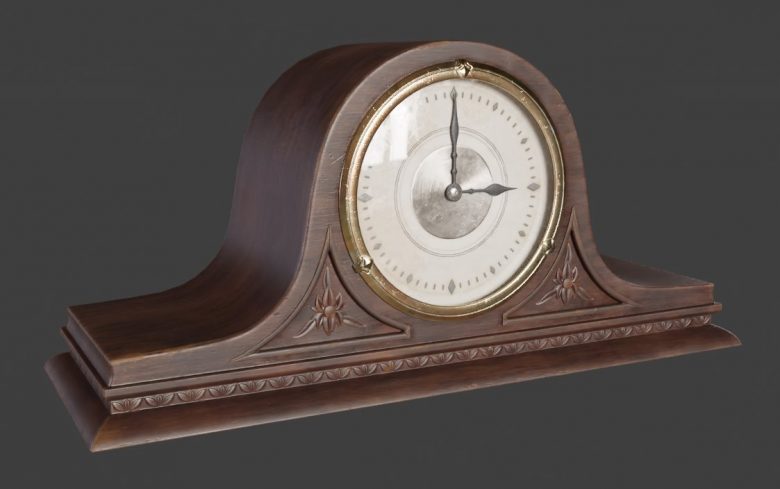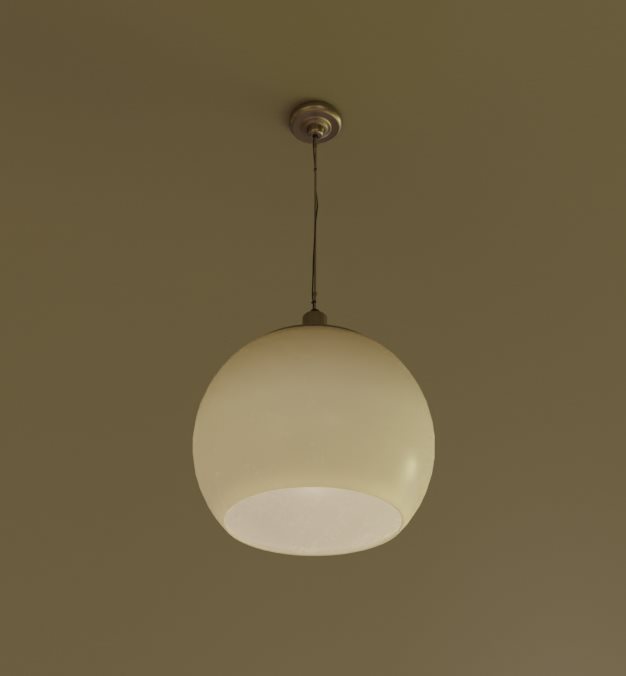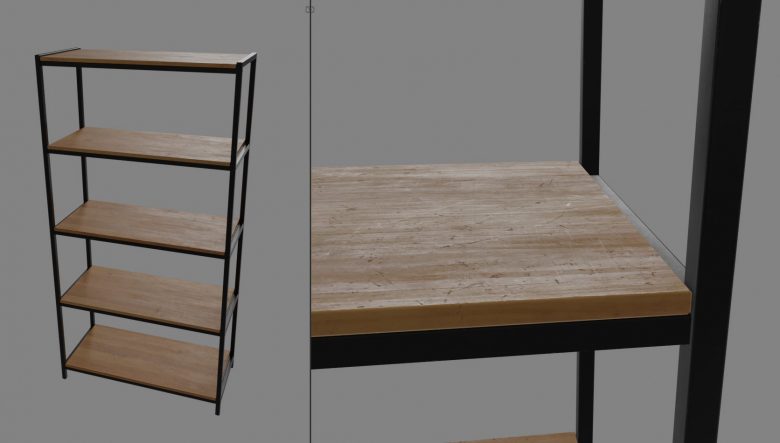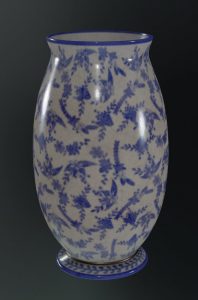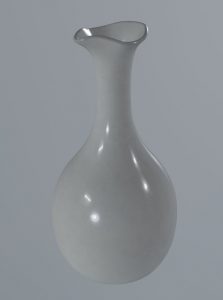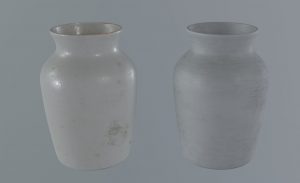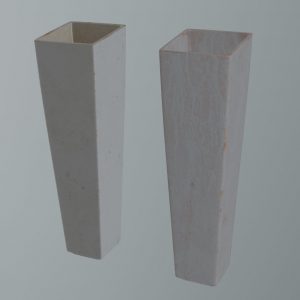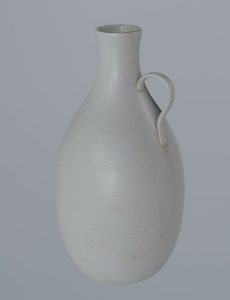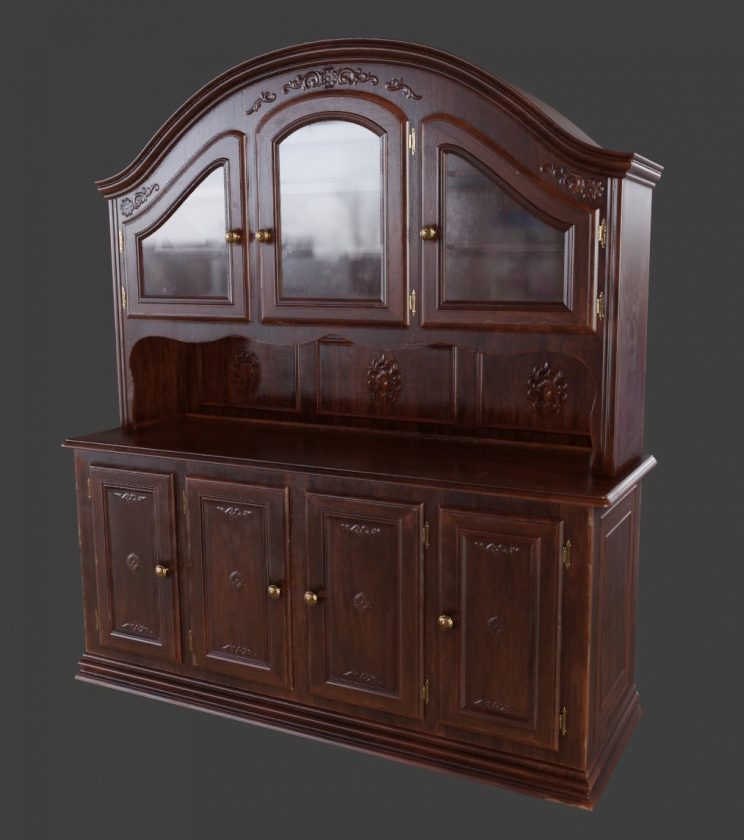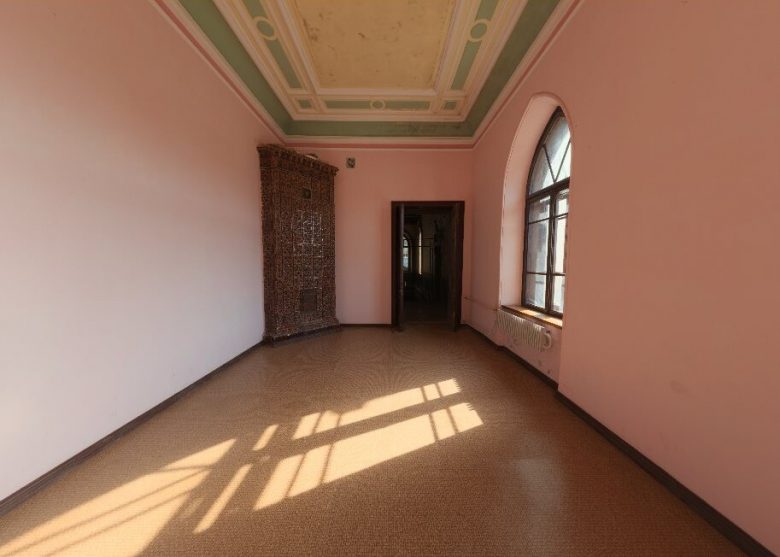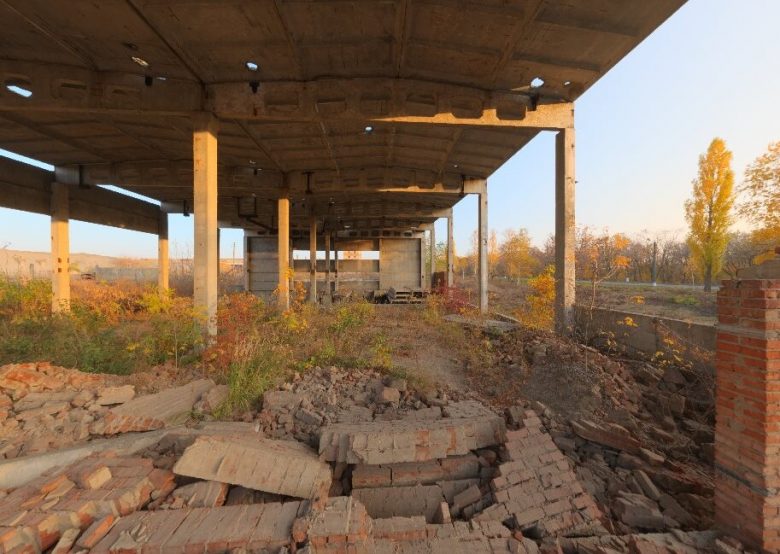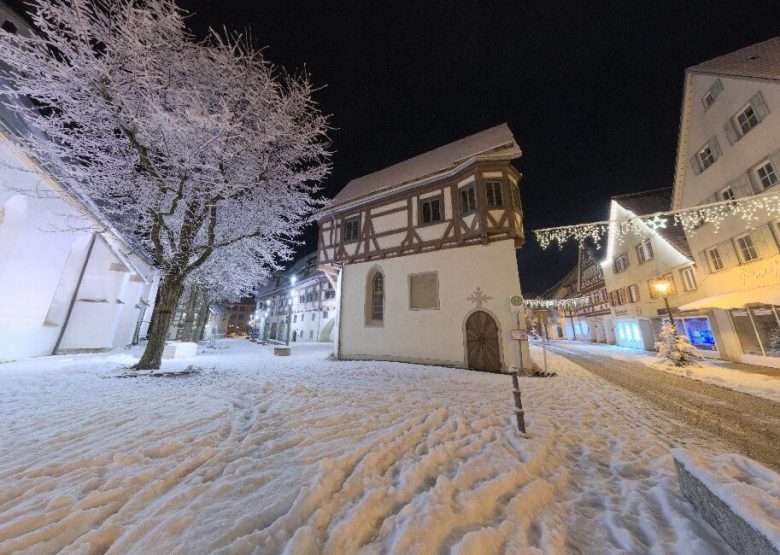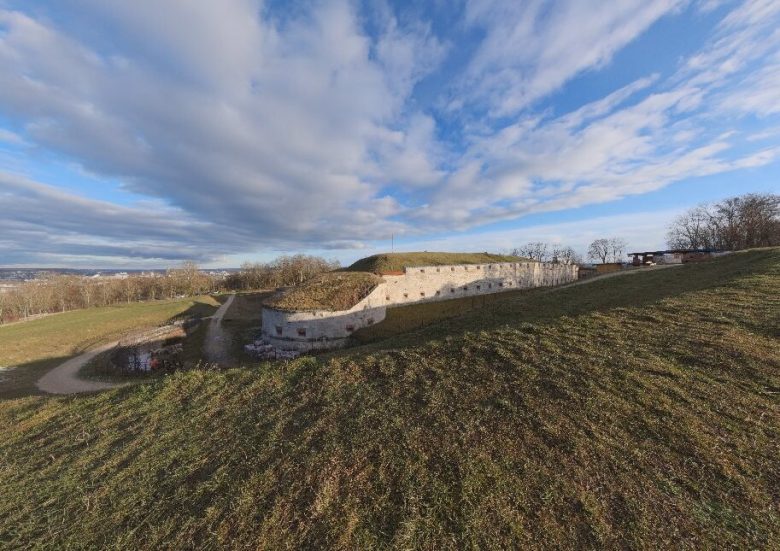Welcome to Poly Haven’s first Development log 🙂
This is the start of a new monthly (?) series that summarizes progress of our work creating assets for polyhaven.com (or, currently: hdrihaven.com, texturehaven.com and 3dmodelhaven.com).
General progress & state
We’ve hired Rico Cilliers and James Ray Cock as full time 3D artists, who are now spending most of their time creating 3d models for our Pawn Shop project which I’ll explain below.
Dimitrios Savva (“Meat”), an experienced camera operator, also joins the team part-time to work on more texture scans.
Andreas and Sergej continue to work on HDRIs every month.
Rob continues making texture scans regularly and helps the rest of the team figure out good workflows.
I (Greg) work on web development, project planning, quality control, and business things.
Website Progress
The new website (polyhaven.com) which combines all three asset types is quite an undertaking.
Out existing sites are written in PHP and run on a traditional single-server LAMP stack. Over the last year or so they’ve been beginning to struggle with some issues relating to performance, load, and limitations of their design.
For this reason, I want to modernize things a bit, create it as a single page application to move some of the load over to the client side, and write it in a way that’s easily scalable.
Notable challenges are:
- Handling 80+ TB of download traffic every month, without compromising speed and usability.
- Tracking over 1 million downloads accurately each month (important since our HDRI authors are currently paid a bonus based on popularity of their work to incentivize useful content).
- Actually creating the site front end in React (which means learning React for me).
- Designing a scalable back end that can grow with us and be easily replaced when things go wrong.
- Implement a robust new categorization, tagging and search system to allow users to find the assets they need more easily.
I’ve done a lot of research into these issues and have some ideas for solutions, though nothing has been implemented yet.
We’re awaiting a response from Epic Games regarding our application for a megagrant that would allow us to hire a web developer to take care of some of these tasks. If we can’t do that, then I’ll need to do everything myself, and since I’m not actually a web developer by profession it’s going to take a while for me to learn 🙂
While we wait for Epic, I’m figuring out solutions to those back-end problems since I’ll probably be the one handling them long term anyway.
Texture Scans
For the last few weeks, texture scanning workflow has been a hot topic among the whole team.
We had a nice workshop last year where Rob showed us his overall process for how he creates all the content for Texture Haven, and since then we’ve been researching and testing new methods for improving scan quality (resolution and accuracy). Meat has been capturing a bunch of nice brick walls and floors, which Rico’s been processing into PBR texture sets. Here’s some that we’ve been playing around with:
These were simple initial tests which will probably end up getting published with the launch of Poly Haven, but we have also been learning from them and working on more advanced workflows with HDRI-based delighting and cross-polarized photogrammetry. You may have noticed on our finance reports that we’ve purchased a lens specifically for photoscanning, as well as a ring light to help us scan more quickly and in a greater variety of environments.
Meat and I spent a day at The Magic Lightbox testing out some borrowed gear to see if a more controlled-light rig might be worth pursuing:
The results were promising, though we’ve yet to determine which cases require this kind of method over an easier HDRI-delighting method.
Pawn Shop Scene
One of our main goals and reasons for merging into Poly Haven is the ability to create more related content, in terms of a consistent theme, so that we don’t just have a bunch of unrelated assets that can’t really be used together.
So for the launch of Poly Haven later this year (currently planned for April), Rico and James are working on a “pawn shop” scene that contains a lot of interesting vintage interior design assets.
Here’s the current layout of the scene:
We may have bitten off a bit more than we can chew, since every single prop in that scene needs to be a high quality asset that can work as a hero piece close up to the camera so that anyone can use it for any purpose without being limited by technical quality.
But if we run out of time before the launch in April, it won’t be the end of the world if the scene isn’t as full of assets as we planned. Quality over quantity after all.
Here are some of the assets Rico and James have been working on:
HDRIs
Just because most of the team is focusing on 3D assets and texture scans doesn’t mean we’ve forgotten about HDRIs.
One of our previous goals on Patreon was timelapse HDRIs, which is a precursor to drone/aerial HDRIs.
To achieve this I was planning to build my own motorized panoramic head from scratch and open source the design, but I just don’t know enough about how to do that, nor have the time to learn it what with all the other stuff I have to take care of for Poly Haven now. So instead, I ordered a Nodal Ninja Mecha 🙂
I’ve done some basic testing with it and it seems like exactly what I need. So once Poly Haven has launched and I have less web design stuff to do, I plan to focus on developing a workflow for doing HDRI timelapses, and eventually stick that thing to a drone 🙂
In other HDRI news, Sergej and Andreas continue to shoot HDRIs monthly for us. Here’s a preview of what we have lined up for next month:
That’s it for this time! If you have any questions, please leave a comment below or join us on Discord.

